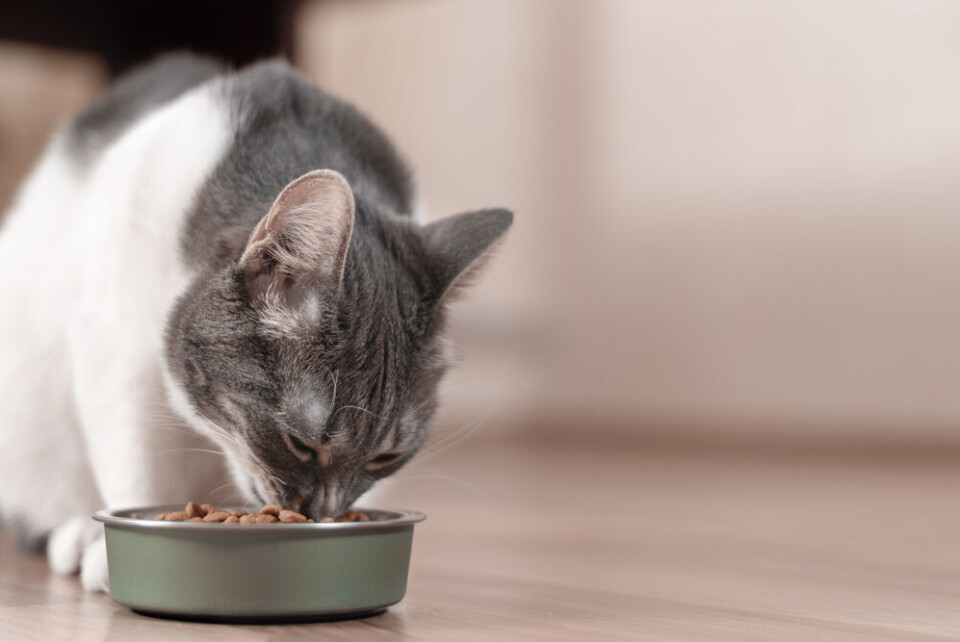-
France reports 250,000 dog bites a year: What to do and who is responsible
Any breed of dog can bite, and there are certain rules and restrictions on certain breeds, and what to do in the event of an attack
-
EES digital borders scheme: Launch date update
Plans for a ‘progressive start’ are said to be well supported
-
French parliament to vote on law to offer €150 a month card for healthy food
The card would be intended to benefit consumers and farmers, and comes after successful trials of similar schemes in Bordeaux and Montpellier
Can I bring prescription pet food into France?
There are border restrictions however France offers a range of dietary foods for pets

Reader Question: I am moving to France soon and will be bringing my cat. She has a medical condition and requires special prescription food. Can I bring this with me and if so is there a limit on how much?
Generally, bringing products that contain meat or dairy into the EU is banned, and this includes pet food.
There are also restrictions on other animal products such as fish, oysters, and honey, where you can only bring a limited quantity of the product into the EU.
Certain exemptions for meat and dairy products do exist, mostly for baby products (such as powdered baby milk and baby food).
Special food for humans and pets required for those suffering from a medical condition, is also allowed.
These products must:
-
Weigh two kilograms or less
-
Not require refrigeration before opening
-
Be packaged brand products for direct sale to the final consumer
-
Have unbroken packaging, unless it is already being used to feed the person/animal before travel
If your pet’s special food fulfils these requirements, you should be able to transport it into the EU though you might be asked questions about it at the border (we suggest bringing the prescription if you have a copy).
Prescription pet food alternatives once in France
The two-kilogram weight limit means that you can only bring a certain amount of the product with you, which could run out within a few weeks (depending on how much your cat eats).
Once you arrive in France, you should set up a vet appointment, both to sign your pet up to the I-CAD database, and to make sure you have a regular vet for your pet if it suffers from an illness.
Read more: How do I register my pet with I-CAD in France?
Larger supermarkets and some pet stores will have fairly wide selections of pet food but depending on the type of illness your pet has, you may not find something suitable in these stores.
Many vet clinics in France sell animal food that caters to specific health issues, and it is likely that you will find the same food you are already using, or an equivalent.
If not then you can buy special pet food from some websites such as Redcare.
Speak to your new veterinary clinic to see what they recommend, and they may even be able to order the food directly to the clinic for you to pick up, instead of ordering online.
Remember: to bring a pet such as a cat or dog into the EU, it must be chipped and vaccinated. You can find out more information here.
Related articles
France bans nitrates for pet food but only reduces them for people
How your cat or dog can also be a blood donor in France
























